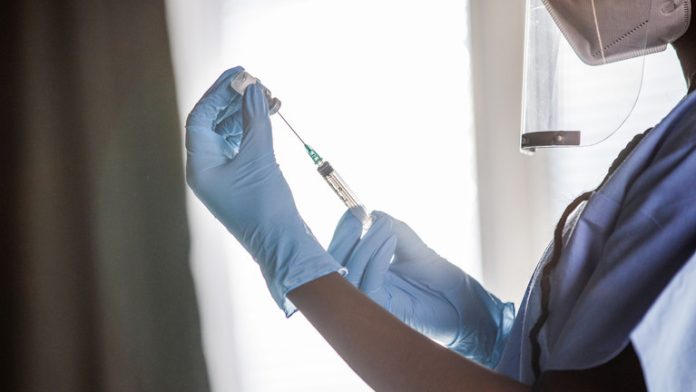South Africa is slated to become a manufacturing centre for a low-cost version of the groundbreaking HIV-prevention medicine CAP-LA. The move is likely to provide millions more people with access to the medicine in a region that accounts for about two-thirds of new HIV infections globally, according to the World Health Organisation (WHO).
According to The Guardian, Cipla Limited, an Indian multinational pharmaceutical corporation, would manufacture cabotegravir long-acting (LA) at its sites in Benoni or Durban.
The WHO described CAB-LA as a “safe and highly effective prevention option for people at high risk of HIV infection” last year. The medicine is supposed to prevent HIV from entering cells, significantly lowering the risk of infection, and has been shown in studies to minimise the risk of catching the virus through sex.
The drug’s developers, Viiv Healthcare and the United Nations-backed public health organisation Medicines Patent Pool, announced in March that licence agreements for the generic version were reached with Aurobindo, Cipla, and Viatris.
The MPP stated at the time on its website that the selected manufacturers will be able to create and supply generic versions in 90 countries “subject to required regulatory approvals being obtained.”
According to the MPP, the medicine is given as an injection six times a year and is started with a single 600mg (3ml) jab given one month apart for two consecutive months. Prior to receiving it, a person must have a negative HIV-1 test.
ViiV Healthcare holds the CAB-LA patent in South Africa until 2031, limiting competition. Viiv also stated that the medicine has acquired regulatory approval for use in at-risk adults and adolescents in the United States, Australia, Zimbabwe, South Africa, and Malawi.





